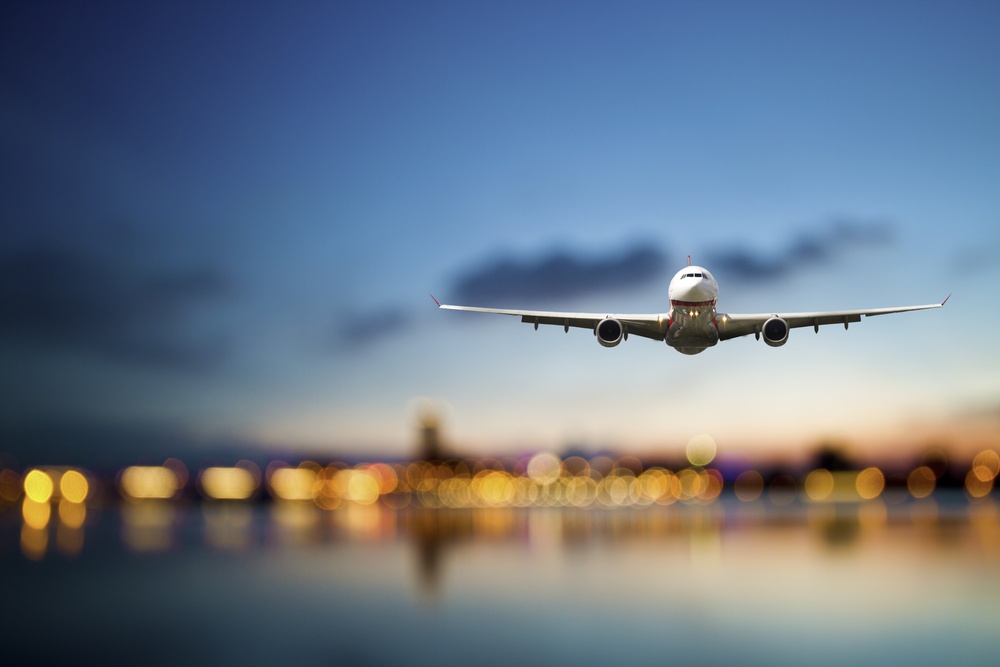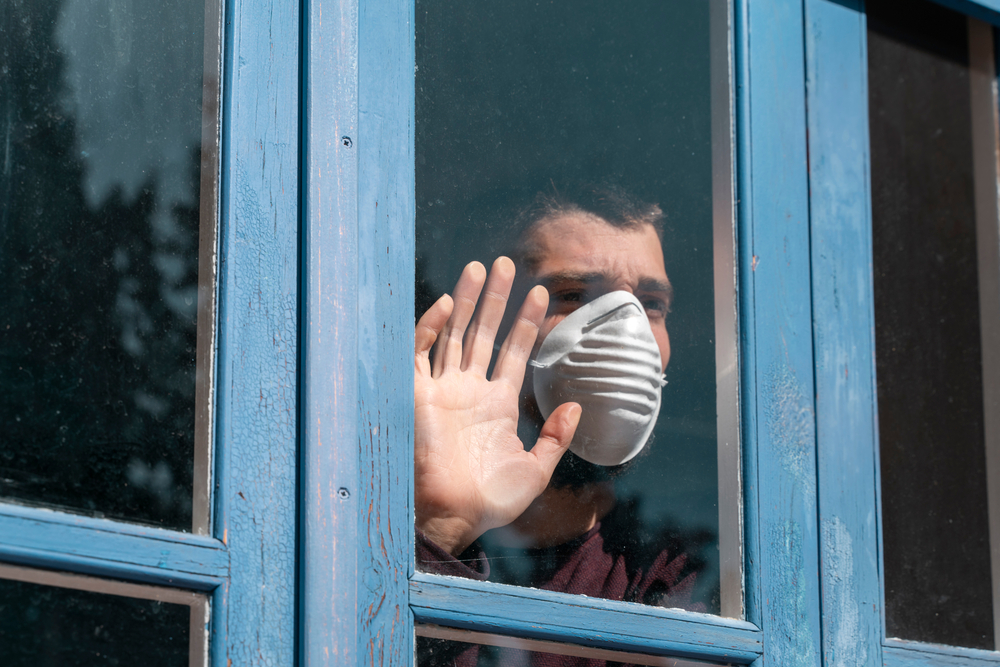Domestic travel is set to resume on May 25, albeit with many hiccups. So what does it mean for the health and safety of passengers? We asked Dr Noor Gill for her medical view and we also replay the key guidelines issued by the Indian civil aviation ministry.
By A Staff Writer
Maharashtra has said naahi. A clear nyet. Tamil Nadu and West Bengal have also said that the time is not right. So while we don’t know whether air travel will actually resume on May 25, the scheduled date announced by the Government of India, there are some guidelines – Do’s and Don’ts – that people need to look at.
Let’s first look at the guidelines issued by the Ministry of Civil Aviation, and then consider a medical view, from our expert, Dr Noor Gill.
Here are the guidelines that must be followed if you are travelling by air.
General Instructions
- The process of air travel will be handled in a calibrated manner. Limited operations would be permitted in the initial stage.
- Very elderly, pregnant ladies and passengers with health conditions are advised to avoid air travel.
- Passengers with confirmed web check-in will be allowed at the airport, along with baggage identification number – boldly written on a piece of thick paper and affixed to the bag with a strong string. No facility of physical check-in.
- Airlines to adhere to the lower and upper limits of fares prescribed by the Ministry during the period of Covid-19 pandemic.
- Passengers with “Red” status in Aarogya Setu App would not be permitted to travel.It is mandatory to wear a face mask throughout the journey and only one check-in luggage will be allowed.
- No meals/newspapers will be provided.
- Arrive at the airport two hours before the departure time.
Guidelines from the origin to the destination.
- Passengers to travel only authorized taxi/personal vehicle.
- During the transit, passengers should take all precautions to prevent infection.
- If a passenger is not permitted to fly travels, he/she will be liable to penal action.
- Passengers are to get their temperature checked at the thermal screening facility near the entry gate.
- Social distancing to be strictly followed. Throughout the airport there are markings – circle, square or barriers, to be used.
- Cooperate with security staff by following instructions for your own safety and security.
- In the waiting area, maintain social distance and sanitisation protocols. Chairs marked ‘Not For Use’ should not be occupied.
- Disposable of bio hazardous materials – masks, gloves, tissues, to be disposed in a yellow coloured bin placed at strategic locations inside the airport.
- Passengers to collect safety kit (three layered surgical masks and sanitiser) from airlines near the boarding gate. Self sanitisation to be done before proceeding to the boarding gate for scanning.
- Check-in of the boarding pass would be done by passenger themselves and are required to show their ID at the boarding gate.
- Through the transit hygiene should be maintained by the passenger. Face to face interaction to be minimised.
- Passengers are advised to minimise use of lavatory.
- Eatable are not permitted for consumption inside the aircraft.
- If any passenger feels uncomfortable, fatigued or have cough, should be brought to the crew’s attention.
- On arrival passengers are to use authorised taxi services that maintain the prescribed hygiene protocols.
Guidelines for International arrivals
- All passengers shall give an undertaking that they would undergo mandatory quarantine for 14 days – 7 days paid institutional at their own cost, followed by 7 days isolation at home self-monitoring.
- Only asymptomatic passengers will be allowed to travel and if on arrival, any passenger shows mild symptoms, he/she will be immediately isolated and taken to the medical facility.
Medical Tips to Ensure your Domestic Air Travel is Safe & Secure
By Dr Noor Gill
- Maintain hand hygiene – Keep your hands clean. Wash them with soap and water or with an alcohol-based hand sanitiser every time you touch your face or nose. Cough and sneeze into your elbow and cover your mouth when doing so. Stay clear of people with a cough or cold.
- Clearance from GP – The elderly, the chronically sick and those with a serious underlying health condition should avoid travelling or delay their travel plan until deemed fit and cleared for travel by their general physician (GP).
- Breathe easy – All modern aircrafts have High Efficiency Particle Arrester (HEPA) which filters dust particles and airborne contaminants with high efficiency. So, you can breathe easy.
- Usage of luggage cover – Your luggage is transferred to a low-pressure chamber and thus runs a very low risk to get contaminated during transportation. But if it helps you travel easy and makes you feel better, you can cover your bags with a luggage cover.
- Avoid surfaces – Even though the airports will be following strict sterilization protocols and techniques. Not all surfaces and areas will get the same amount of attention. The evidence on whether the virus can survive on a surface and then be transferred is not solid so avoid keeping your luggage on a surface.
- 14-day quarantine – If you are returning from an affected area or country, follow the 14-day quarantine protocol.
- Awareness – Stay up-to-date on your vaccines. Although there is no vaccine available for the coronavirus yet, it is better to stay safe and keep your immunisation chart complete and update so as to avoid compromising your immunity.





Comments are closed.